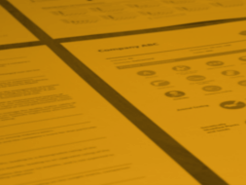Shipbreaking: Clean Shipping in Deep Water
Cleaner shipping has been a trending topic particularly since the International Maritime Organization (IMO) declared that 2020 will mark the “beginning of a decade of action and delivery” for the shipping industry.[i] A key approach to cleaner shipping is for companies to renew their fleet with more environmental-friendly vessels. However, this approach triggers an obsolescence of older vessels and increases shipbreaking activity. In Sustainalytics’ 10 for 2020 report, we mention the issue of shipping practices with large environmental impacts including shipbreaking practices which we will explore more in depth in this article.
Chilean Aquaculture: Expansion into Troubled Waters?
In November 2019, as part of the Sustainable Seafood Engagement, Sustainalytics visited Chile to learn more about the country’s rapidly growing aquaculture industry. Commercial salmon farming has developed quickly in Chile over the past two decades, and today the country is the second largest producer of seafood in the world. Although salmon is not a native species to Chile, the climate in the southern part of the country (zones 10 and 11) offers excellent conditions for farming activities. Farmed salmon now represents the country’s second largest export and the industry provides thousands of jobs for people living in some of Chile’s most remote communities.[i] Despite this economic success story, the industry also faces environmental and social challenges which may cause investor risk. These risks may become more pronounced in the future, as the sector now looks to expand deeper into biodiversity hotspots.
Infographic - Creating Impact Through Thematic Investing
In this year’s edition of our 10 for series, we put an environmental, social and governance (ESG) lens on 10 investment themes that may offer investors an opportunity to create a positive social and environmental impact through the equity market. The trends we identify are driven by corporate initiatives to scale new technologies, improve social conditions, conserve ecosystems and mitigate climate change.
Climate Bond Verification Services
Climate bonds, loans or debt instruments are used to finance or re-finance projects that address climate change and are in line with achieving the goals of the Paris Climate Agreement. Such projects include wind farms, solar plants, sustainable buildings, etc. and can be found in a multitude of sectors including shipping, agriculture, energy or forestry amongst others.
Governance of SDGs
This thematic engagement is aimed at encouraging companies to define meaningful SDG strategies that align with their business plans. It aims to influence them to address their negative impacts and seek out opportunities to produce positive outcomes in line with the 2030 SDG agenda, while contributing to a more stable long-term operating environment for themselves.
Country Risk Rating
The Country Risk Ratings measure the risk to a country’s long-term prosperity and economic development by assessing how sustainably it is managing its wealth. It can be used to support country assessments and help investors anticipate and manage emerging risks with an analysis of events happening in a country
Child Labor in Cocoa
Over two million children below the age of 18 work in hazardous conditions in the cocoa supply chain in Côte d’Ivoire (Ivory Coast) and Ghana. This engagement is founded on investors’ expectations for some of the largest companies in the cocoa sector, and addresses the issue of child labor in cocoa.
Global Access
Sustainalytics’ Global Access is our flagship platform for accessing our ESG research. The user-friendly interface includes functionalities that enable investors to read detailed company reports with qualitative analyses, screen companies on ESG criteria for security selection and product creation and run custom reports to communicate ESG performance. With the alerts functionality, clients can monitor their portfolios for ESG incidents and controversies.
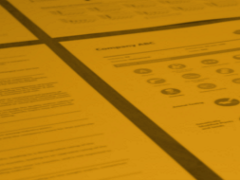


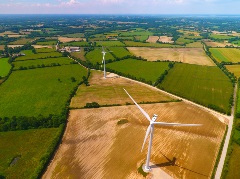




.tmb-thumbnl_rc.jpg?Culture=en&sfvrsn=33ca126e_2)
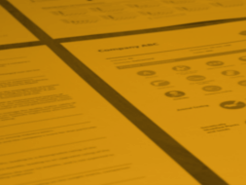
.tmb-thumbnl_rc.png?Culture=en&sfvrsn=68e0bae7_2)
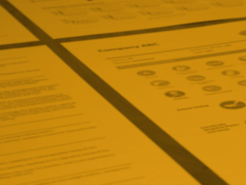

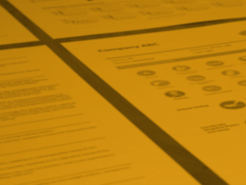

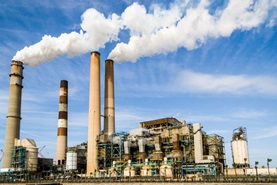
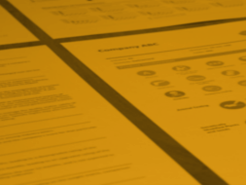
.tmb-thumbnl_rc.png?Culture=en&sfvrsn=5a4feee0_2)

